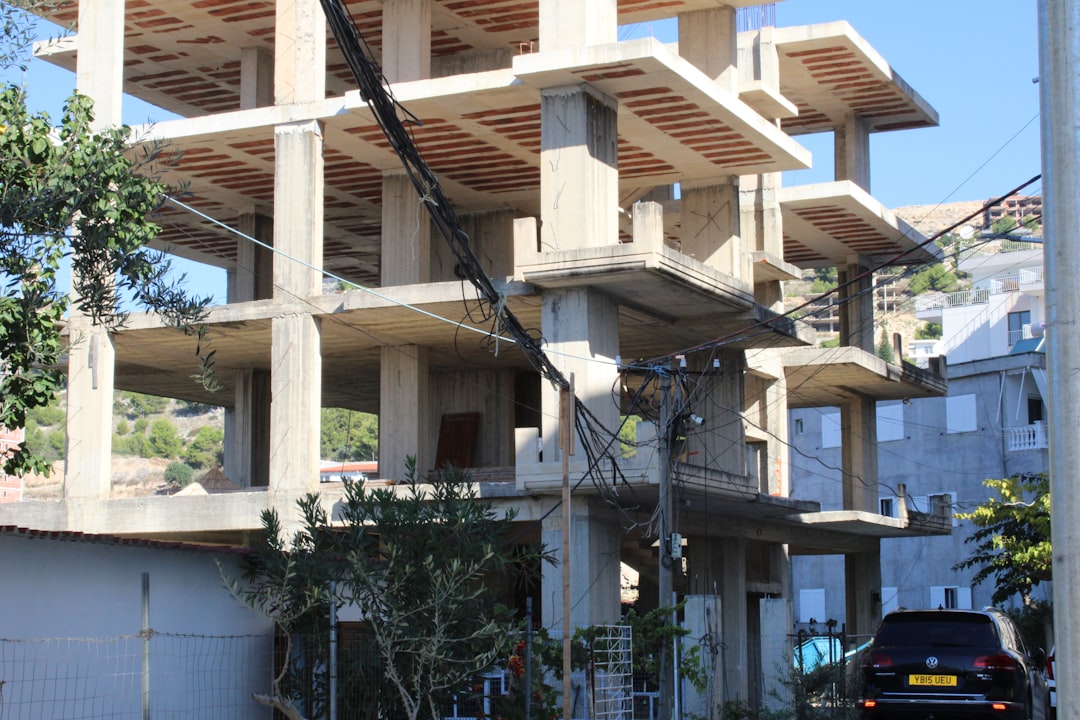CountBricks Patio Install Cost Guide for Construction Professionals
Price source: Costs shown are derived from our proprietary U.S. construction cost database (updated continuously from contractor/bid/pricing inputs and normalization rules).
Eva Steinmetzer-Shaw
Head of Marketing
Understanding Patio Install Cost in Today’s Construction Market
For construction professionals, accurately estimating patio installation costs is crucial. Current rates for a basic concrete patio range from $1,580 to $4,465, while mid-grade paver patios can cost between $2,275 and $6,950. Premium stone or porcelain options may range from $6,400 to $14,400. These figures include excavation, base installation, materials, labor, and standard site cleanup. Understanding these costs helps in budgeting and project planning.
Key Factors Influencing Patio Install Cost
- Square footage: Larger areas require more materials and labor.
- Material selection: Costs vary between pavers, stamped concrete, and natural stone.
- Base preparation: Soil condition and drainage can affect costs.
- Access and logistics: Difficult access can increase labor costs.
- Design details: Complex designs add to the cost.
- Labor market: Regional wage rates impact pricing.
How CountBricks Enhances Estimating Efficiency
AI Voice-Enabled Takeoffs
Use voice commands to capture dimensions and finishes, reducing manual errors.
Live Material Pricing Feed
Access real-time pricing from local suppliers to ensure accurate estimates.
Instant Labor Calculations
Adjust crew size and skill mix to see immediate cost updates.
One-Click Quote Generation
Generate detailed proposals quickly, including tasks, costs, and payment schedules.
Step-by-Step Patio Construction Process
- Site evaluation and layout
- Excavation and subgrade compaction
- Base installation and laser leveling
- Edge restraint setup
- Paver or concrete placement
- Joint sand or sealant application
- Final inspection and customer walk-through
Pro Tips for Managing Patio Install Costs
- Choose dimensions that minimize material waste.
- Opt for locally sourced materials to reduce costs.
- Schedule work during off-peak seasons.
- Use CountBricks to compare material alternatives.
- Bundle additional features to save on mobilization fees.
Why Contractors Trust CountBricks
Speed: Quick estimates with voice commands.
Accuracy: Real-time pricing ensures up-to-date estimates.
Transparency: Clear task breakdowns improve client trust.
Integration: Seamless export to invoicing and scheduling tools.
CountBricks Patio Success Story: The Delgado Residence
The Delgado family in Detroit transformed their yard into a 300-square-foot lounge using CountBricks. The contractor used voice capture for quick measurements and layout planning.
Estimate Results
- Material costs were optimized by choosing local alternatives, saving $1.85 per square foot.
- Labor hours adjusted for design changes, preventing underbidding.
- The final cost was $12,740, under budget by 7%.
Implementation Highlights
- Scheduled material deliveries to avoid storage fees.
- Real-time tracking flagged delays, updating completion dates.
- Converted estimates to invoices seamlessly.
Lessons Learned
- Real-time feeds help find cost-effective materials.
- Dynamic calculators protect profit margins.
- Integrated tracking prevents disputes.
CountBricks reduced administrative hours by 42% on this project. Apply these insights to your next patio project for better efficiency and client satisfaction.

